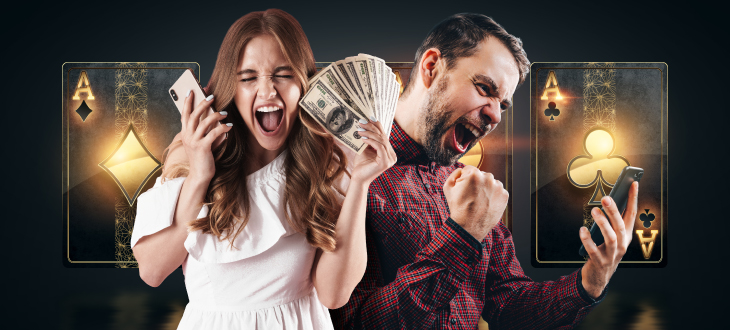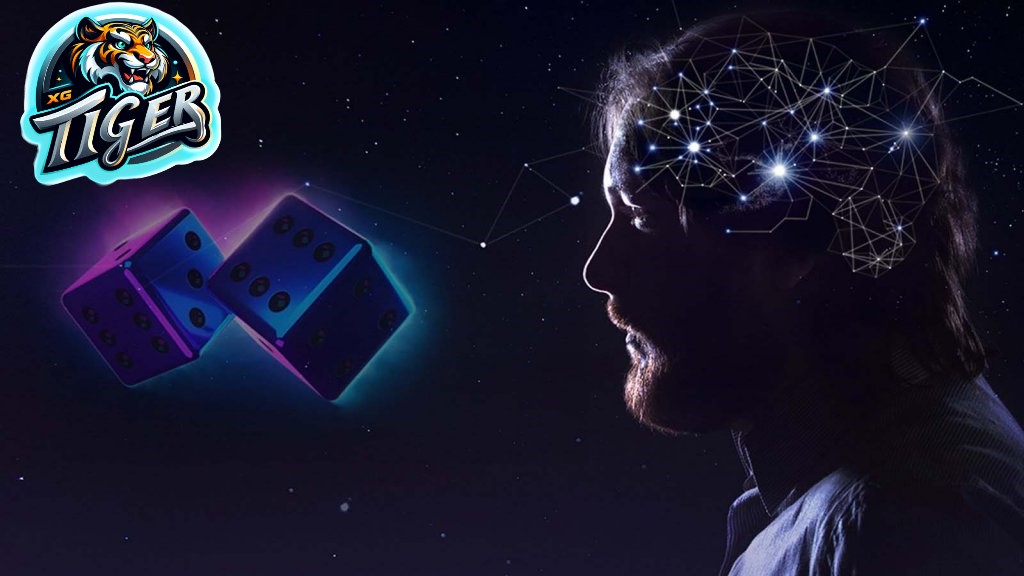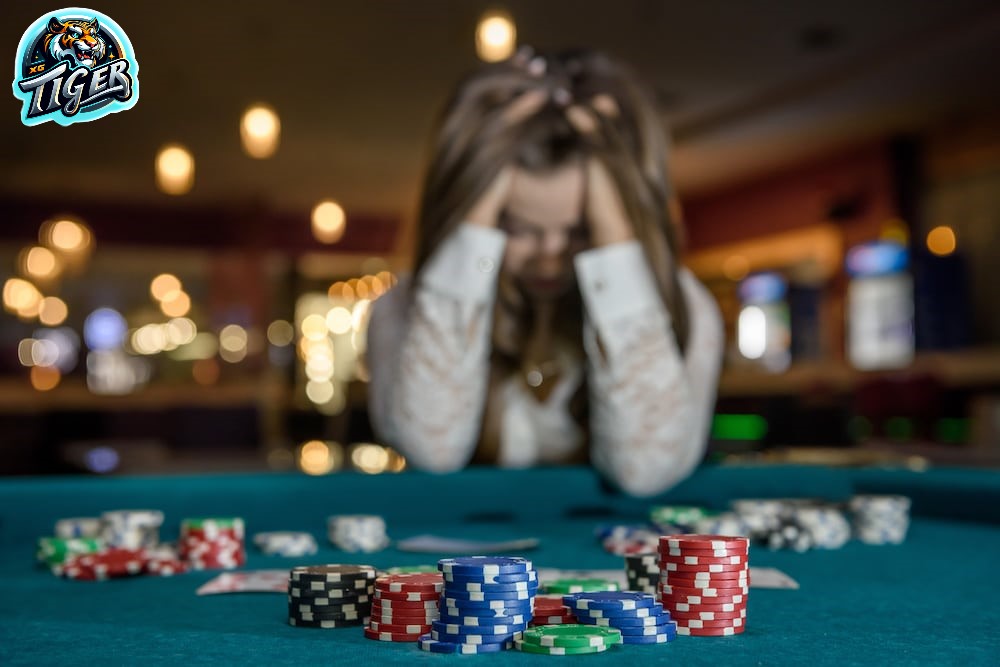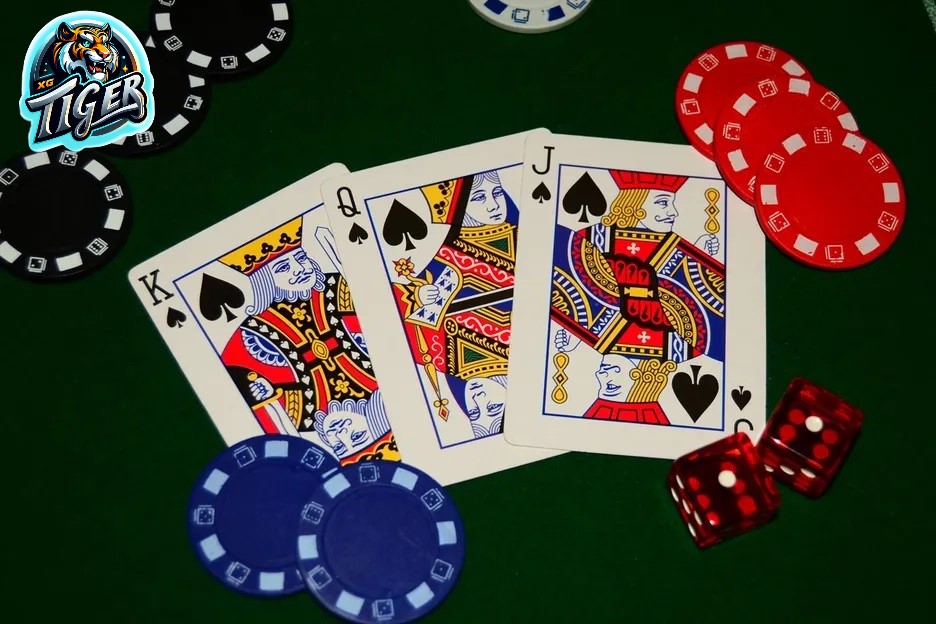Table of Contents
Online casino gambling can affect how your brain works. Apart from personal reasons, chemicals also trigger a person’s gambling addiction.
At the 1999 NCRG Conference in Gambling and Addiction the online casino had not yet been discovered, said Dr. Alan Leshner, “Addiction is a disease of the brain — and it matters.” Chemicals that trigger addiction, not just gambling, are serotonin, dopamine, and endogenous opioids. Stress and stress hormones can also be factors in how gambling affects your brain.
So for this Xgtiger Casino blog post, we’re going to discuss these chemicals and how addiction can change brain functions in an online casino.

Dopamine
Gambling online games, especially when winning, is a fun experience, says Gambler’s Help. So, the brain releases a chemical called dopamine when it feels any pleasure.
Sometimes, a large amount of dopamine is rapidly released in the brain, creating an abnormally high level of happiness. But when the constant release of high doses of this chemical becomes a habit, the gambler develops a tolerance to it.
As a result, the person can only feel the same joy or happiness if the body releases a higher dose of dopamine. To achieve that, they have to gamble more, and the cycle continues.
Although the player gains immunity to the chemical, the brain remembers past feelings from combat. Like your body clock, it becomes part of your daily routine. This is why it becomes difficult to quit the habit because of the constant gambling reminders from your body.
Serotonin
Some studies have proven that impulse control disorders such as online casino or gambling are caused by a condition called serotonergic dysfunction. According to the book “Gambling and the Brain,” serotonin is “involved in emotion, mood, and cognition.”
Low levels of this chemical have been observed to result in the following:
- The desire to satisfy their gambling needs has increased
- Inhibition or reward processing is impaired
- Or both.
In other words, individuals with serotonergic dysfunction cannot control their desires and want to satisfy their urges in any way possible.
Endogenous Opioids
Endogenous opioids are “opiate-like substances,” such as endorphins, that act as neurotransmitters. These chemicals are responsible for human well-being and disease tolerance.
However, according to research by Dackis and O’Brien in 2005, people with altered opioidergic systems have difficulty controlling their urges. This is due to the intense “euphoric feelings experienced after engaging in beneficial behaviors.”
Gambling can be very rewarding, making it addictive. If left unchecked, the habit can alter that person’s opioidergic system, making it harder to control the urge to gamble.
How Does Gambling Affect Your Brain?
Brain imaging data showed that when a monetary reward was involved, parts of the brain’s limbic system and the pre-frontal cortex had higher levels of activity. A higher sensory and limbic activation was observed with higher risks and rewards.
The limbic system is the part of the brain that “facilitates memory storage and retrieval, establishes emotional states, and connects the conscious, intellectual functions of the cerebral cortex to the unconscious, autonomic functions brain stem function.”
It is also “highly correlated with the nucleus accumbens, a collection of neurons proposed to function as the brain’s ‘pleasure center’ and play an important role in reward, pleasure, addiction, aggression, and fear.”
On the other hand, the pre-frontal cortex is a part of the brain that acts as a decision-maker, impulsivity, and cognitive controller. Both areas of the brain, especially in gamblers, are reactive about gambling cues. If paired with high levels of serotonin or endogenous opioids, their decision-making will be affected, and they will ignore “negative consequences” to get “instant gratification.”
What to do?
If you or someone you know is considered a compulsive or pathological gambler, don’t worry. There are ways to treat addiction and rid your body of such a habit:
- For abnormal serotonin levels, Selective serotonin reuptake inhibitors (SSRIs), more commonly known as antidepressants, can be a way to bring it back to normal. Naltrexone or nalmefene for endogenous opioids are also effective for pathological gambling.
- Gambling addiction can also be considered a mental health problem. Thus, psychotherapy has been proven to retrain the brain to avoid gambling.
- Seek help from self-help groups or even your government. In the Philippines, the Philippine Amusement and Gaming Authority (PAGCOR) adopted the self-exclusion program, which helps gamblers take a break from gaming by banning them from any casino for a certain period of time.
Conclusion
Are you an avid gaming fan and want to know how to bet on online casino games? At Xgtiger, you’ll get the latest information on this year’s best casino games and a variety of gaming options, all in one place.
To start your online gambling journey, all you need to do is create an account on the site, deposit funds and you’ll be ready to bet on the best and most anticipated casino games.
Frequently asked questions
The evidence indicates that gambling activates the brain’s reward system in much the same way that a drug does. “Across many studies, the same brain areas come up time and time again — the ventral striatum and the prefrontal cortex,” says Luke Clark, a psychologist at the University of British Columbia.







